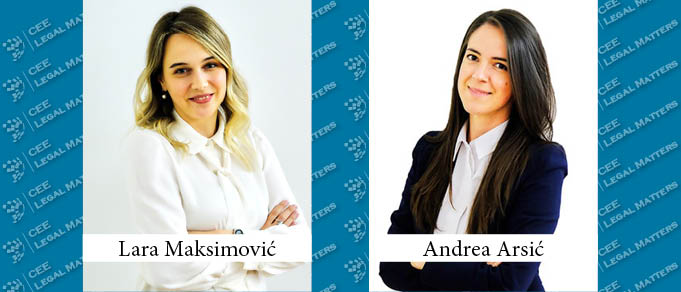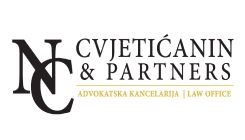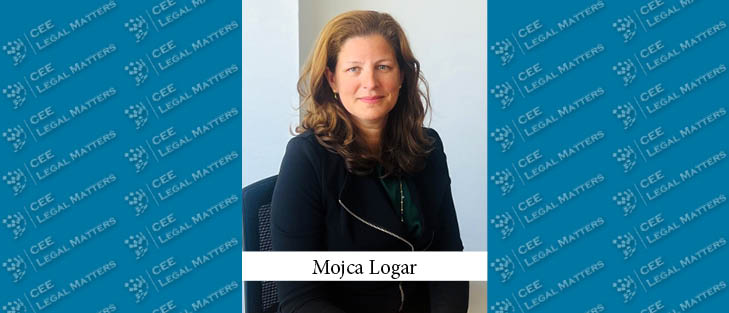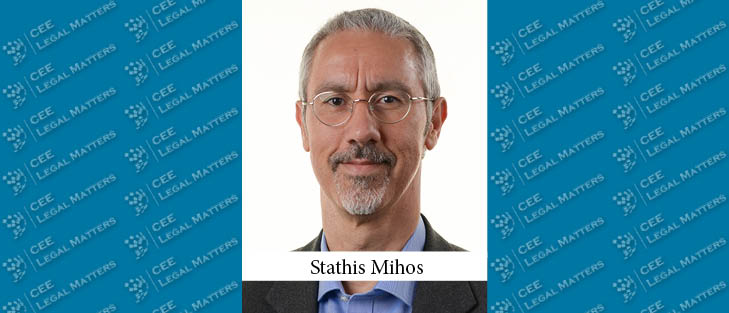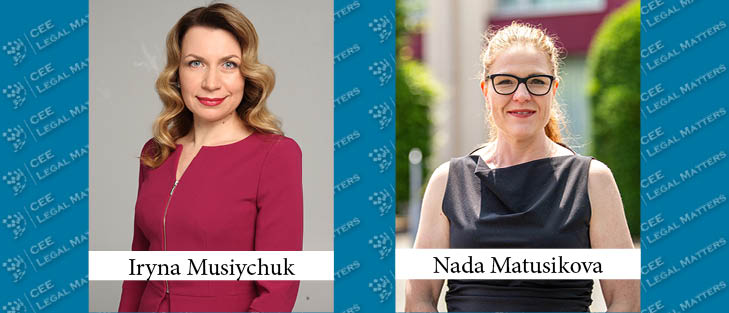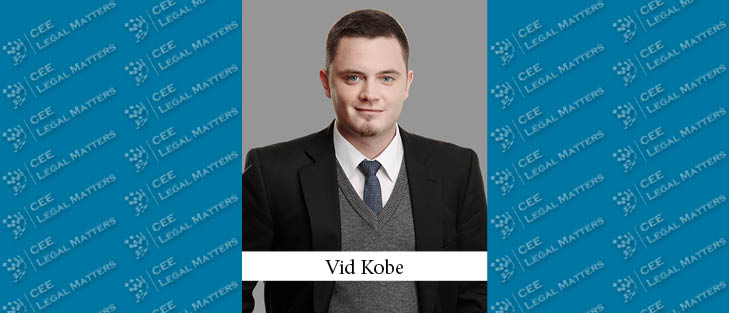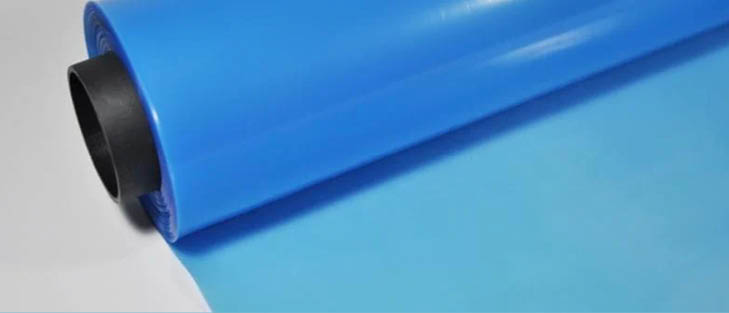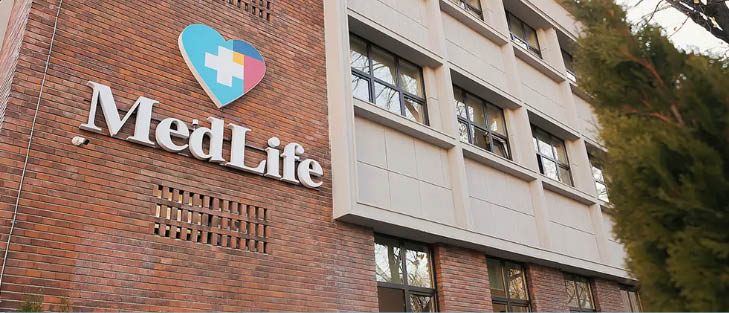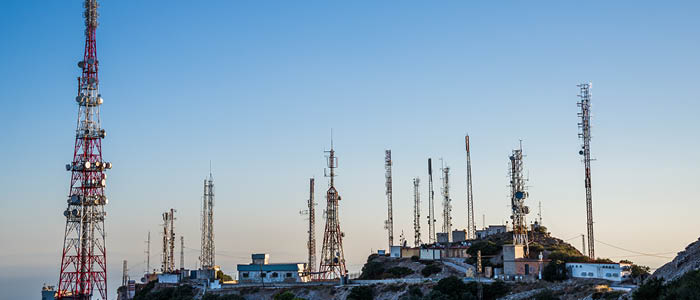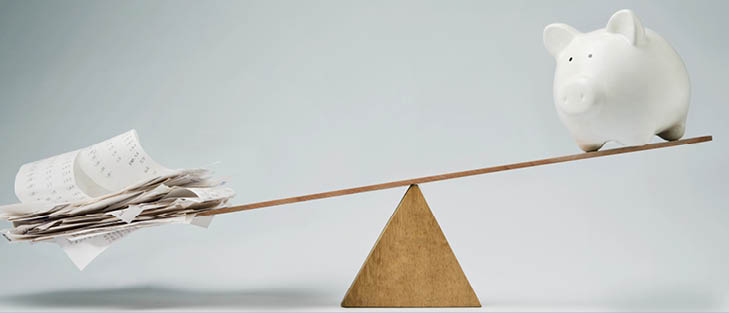What kind of coffee do you drink?
The answer to this question is neither “black” nor “with sugar”. The question refers to whether we are aware if the coffee we drink contains a coffee substitute or other additives that are not properly declared, if at all. This issue was recognised in practice long ago, and now it is finally put into regulatory framework.
On 31 May 2022, the Rulebook on Quality of Raw Coffee, Coffee Products, Coffee Substitutes and Related Products (Official Gazette of RS no. 159/2020) (“the Rulebook”) started to apply. It was adopted in December 2020 and entered into force on 7 January 2021. The application of the Rulebook was delayed so that the manufacturers would have enough time to adjust their businesses with the new requirements.
On the day the Rulebook started to apply, the Rulebook on the Quality of Raw Coffee, Coffee Products, Coffee Surrogates and Related Products (Official Gazette of RS no. 54/12 and 80/15) ceased to apply.
Scope of the Rulebook
The Rulebook specifies the requirements with regard to the quality of raw coffee, coffee products, coffee substitutes and related products. In other words, the Rulebook prescribes the conditions with respect to the content of the said products, as well as names under which they are placed in the market and content of declarations of such products.
Integral parts of the Rulebook are the List of Standards Establishing the Methods for Sampling and Examining Product Quality (Appendix 1) and Technological Procedures Applied in Product Manufacturing and Processing (Appendix 2).
According to the Rulebook, prior to the start of manufacturing, an entity operating in food business shall adopt a manufacturer’s specification, under the law regulating food safety, which shall notably contain the elements prescribed by the Rulebook. In relation thereto, the Rulebook stipulates that products declared, i.e., labelled before the day the Rulebook started to apply, and which do not comply with the requirements from the Rulebook, may be marketed until their expiry date.
Raw coffee
As regards raw coffee, according to the Rulebook it represents a product of dried seed (coffee bean) of plant from Coffea species, obtained by appropriate technological process from coffee fruit, by removal of mesocarp, endocarp and partially or entirely of parchment (silver skin). It is further categorised according to botanical types and marketed under the following titles: 1) raw coffee; 2) raw coffee blend; 3) raw decaffeinated coffee; 4) raw decaffeinated coffee blend; 5) raw coffee with a share of defect; or 6) raw coffee blend with shares of defect.
Coffee products
According to the Rulebook, coffee products shall mean: 1) roasted coffee; 2) coffee extracts; and 3) beverage from cold-extracted coffee. The Rulebook further defines each of the stated products and prescribes the names under which they shall be marketed and requirements regarding their content and declaration.
Coffee substitutes
Under the Rulebook, coffee substitute is a product obtained by roasting fruits and edible parts of plant rich in starch, sugars and inulin. Within the stated group of Products, the Rulebook further distinguishes: 1) roasted coffee substitute; 2) coffee substitute extracts; and 3) chicory extract.
Related products
As regards related products, the Rulebook defines them as coffee products (such as roasted coffee, coffee extracts and beverage from cold-extracted coffee) that may be added sugar, powdered milk and other milk products, vegetable fats, aromas, additives, spices, spice extracts and other additives, as well as products obtained by mixing roasted coffee and coffee extracts that may be added the abovesaid additives.
Related products may also be added edible parts of plants, except for certain roasted edible parts of plants (indicated in Article 21 of the Rulebook) and their extracts.
Related products are marketed under the name containing names of coffee products, i.e., blends of coffee products, with indication of additives.
Reasons for adopting the Rulebook
The main reason for adoption of the Rulebook is certainly alignment with the European Union regulations (Council Directive 77/436/EEC), but also the prevention of unfair business practices towards consumers, which would mislead consumers regarding the nature and content of products they consume.
This article is to be considered as exclusively informative, with no intention to provide legal advice. If you should need additional information, please contact us directly.
By Lara Maksimovic, Senior Associate, and Andrea Arsic, Associate, PR Legal

